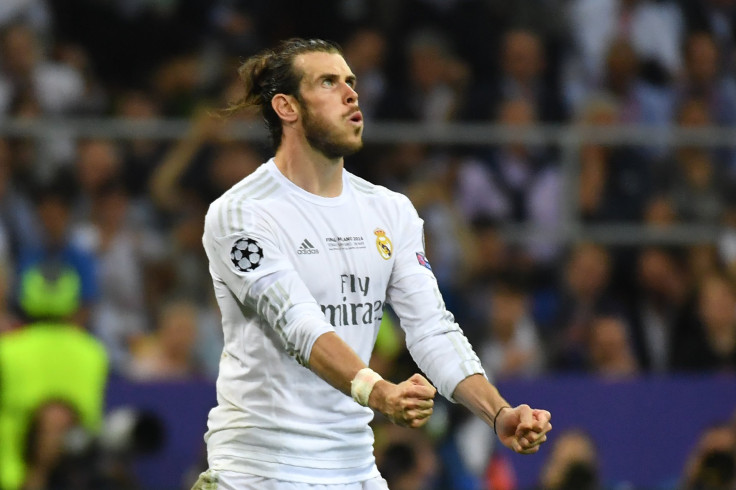Brexit ‘Leave’ Vote To Affect English Premier League Players And Transfers?

The United Kingdom’s vote to leave the European Union could affect both the movement of players into and out of the Premier League as well as increase the cost for the league’s 20 clubs when it attempts to negotiate deals for new players and in the future. However, the effects, if any, will take time and they might not be as severe as predicted.
More than 33 million Britons turned out for Thursday’s referendum, known as Brexit, to decide whether to stay in or leave the EU, with “leave” earning a 52 percent majority, sending the British pound sterling as well as stock markets across the globe plunging Friday morning. The vote also led Prime Minister David Cameron to announce his plans to step down.
For Premier League players, the Brexit doesn't spell doom and gloom, but it does mean the long-term future is uncertain. Here are four pressing questions fans are asking:
How does it affect signing new players?
While the global financial markets have felt the first full brunt of the vote’s aftershocks, the Premier League will deal with rising prices for players this summer and in the future, unless the pound recovers against the euro. Stefan Szymanski, sports management professor at University of Michigan, said the exchange rate might not have a tremendous impact on one of the world’s richest sports leagues.
“The obvious immediate impact is anybody who was thinking about living in Europe or spending money in Europe just found that their salary is going to be 8 percent lower than they thought it would be,” Szymanski told International Business Times in a phone interview Friday. “Or, any Premier League team trying to match the salary offer of a European team now suddenly found that they will have to add 8 percent more to the salary offer.
“Clearly that’s potentially significant, but bear in mind that we’re talking about a world where the annual revenue of the Premier League is more than double that of any other European league.”
Does it hurt the Premier League overall?
In terms of work visas, Sky Sports reports 432 European players were registered last season to play in the Premier League. However, it will take more than two years before their work status is affected. Roughly a day removed from the vote’s final result, it remains unclear when Britons will have to exchange their EU passports for new ones.
But new players may now have to abide by rules applied to players from non-EU member countries. Those guidelines stipulate a player from a top-10 ranked nation must have played in 30 percent of matches in the two years before applying for a work permit in the U.K., and the percentage climbs to 45 percent for players from nations ranked 11-20, 60 percent for countries ranked 21-30 and 75 percent for those ranked 31-50.
How does 'Brexit' affect transfers?
Summer is the time when UEFA domestic leagues retool and scour the globe for new players; however, British players in the Premier league hoping to take advantage of a new opportunity abroad will find things difficult. Similar to foreign players currently in the Premier League, Brits like Real Madrid’s Gareth Bale will have to abide by Spain’s quota laws regarding players and now Los Blancos will have to sell off one player since only three “non-EU stars” are allowed on the 25-man roster, Metro reported.
But transfers mostly likely won’t be affected by Brexit.
“The European clubs don’t want to lose the English clubs any more than the English clubs want to lose the European clubs as trade partners,” Szymanski said. “I would suggest the most likely outcome is that Britain continues to remain in the EU economic area as part of the trading bloc and then become something like Norway or Switzerland, which have free movement of labor into and out of the EU. In that situation, absolutely nothing changes about the status of soccer players in the U.K.”
How does it affect foreign ownership?
From a spending standpoint, owners from around the globe won’t have to pay nearly as much for Premier League players. Foreign ownership, particularly for powerhouse clubs like Real Madrid, Barcelona and Bayern Munich, stand to benefit and can capitalize on cheaper costs for some of the world’s best players because of the pound reaching a reported 30-year low.
Meanwhile, buying a Premier League club will be easier than ever for a foreign investor since the British pound has crashed to its lowest level in 31 years.
© Copyright IBTimes 2024. All rights reserved.











